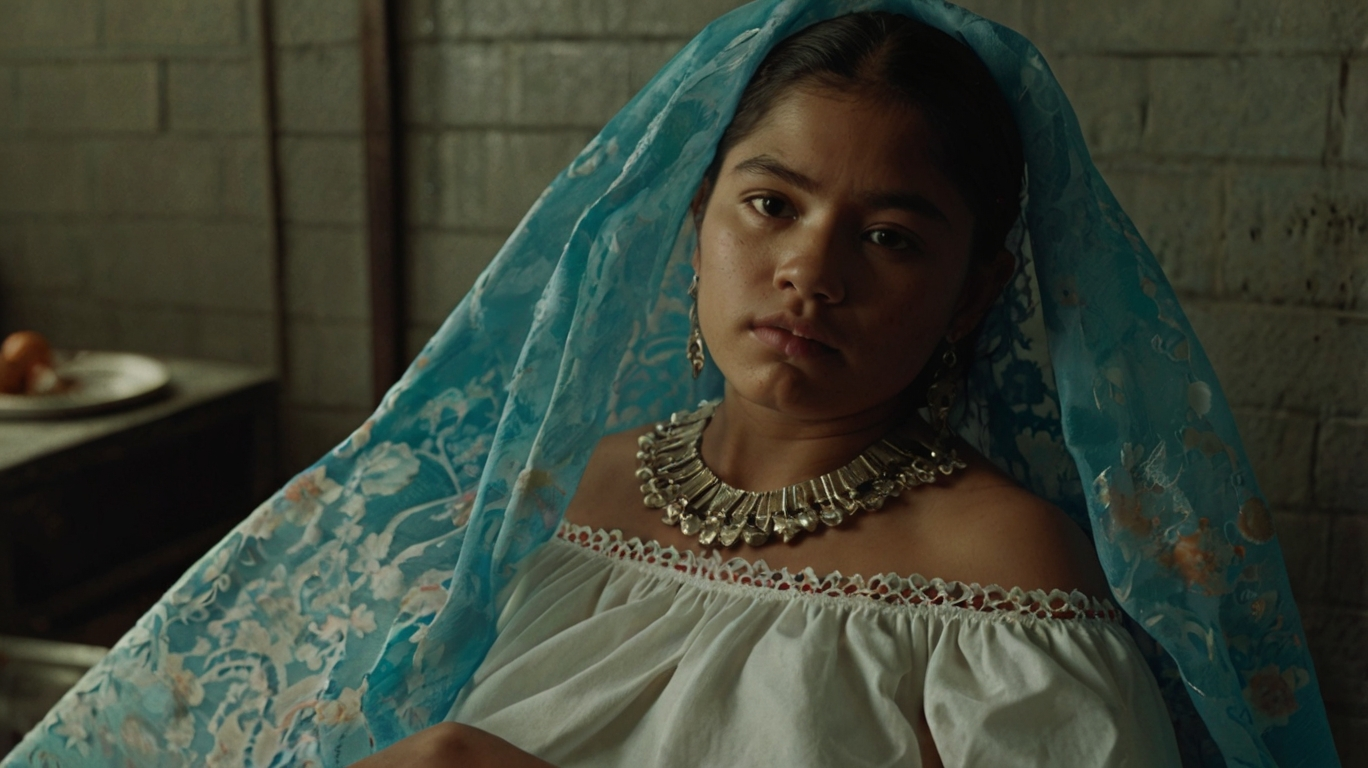The Role of Traditional Birth Attendants (Parteras)
In Mexico, traditional birth attendants, or parteras, are key in reproductive healthcare. They come from indigenous traditions and are vital for maternal health. They support women through pregnancy, childbirth, and after.
Parteras learn their skills through generations. They know a lot about the female body, herbal remedies, and sacred rituals. Their care is holistic, focusing on the mother’s and child’s physical, emotional, and spiritual health.
Even with modern medicine, parteras are still important in many Mexican communities. They work with doctors, combining cultural traditions with medical knowledge. This ensures the past’s wisdom is part of today’s healthcare.
“Parteras are the guardians of our maternal health traditions, preserving the knowledge and rituals that have nurtured generations of Mexican women.”
ADVERTISEMENT
The role of parteras is growing, showing their value in balancing cultural beliefs and modern healthcare. By respecting indigenous traditions, parteras meet the unique needs of Mexican women. This leads to a more holistic and inclusive approach to maternal health.
Bridging Cultural Gaps in Reproductive Healthcare
Reproductive healthcare can be tough to navigate, especially for Mexican communities. But, healthcare workers and community leaders are working hard to close these gaps. They aim to make quality care more accessible.
Healthcare Provider Education
Teaching healthcare providers about Mexican culture is key. They learn about traditional health beliefs and family roles. This helps them give care that respects and meets the needs of their patients.
ADVERTISEMENT
Cultural Competency Training
Cultural competency training is also crucial. It helps healthcare workers understand and communicate with different cultures. This training is essential for providing care that is both effective and respectful.
Language Barriers and Solutions
- Providing professional medical interpretation services for clear communication.
- Making sure educational materials are available in Spanish for the community.
- Training bilingual healthcare staff to connect better with Mexican patients.
Healthcare systems are taking steps to overcome cultural barriers. This includes improving communication and understanding. Together, we can create a more inclusive and equitable healthcare environment.
ADVERTISEMENT

